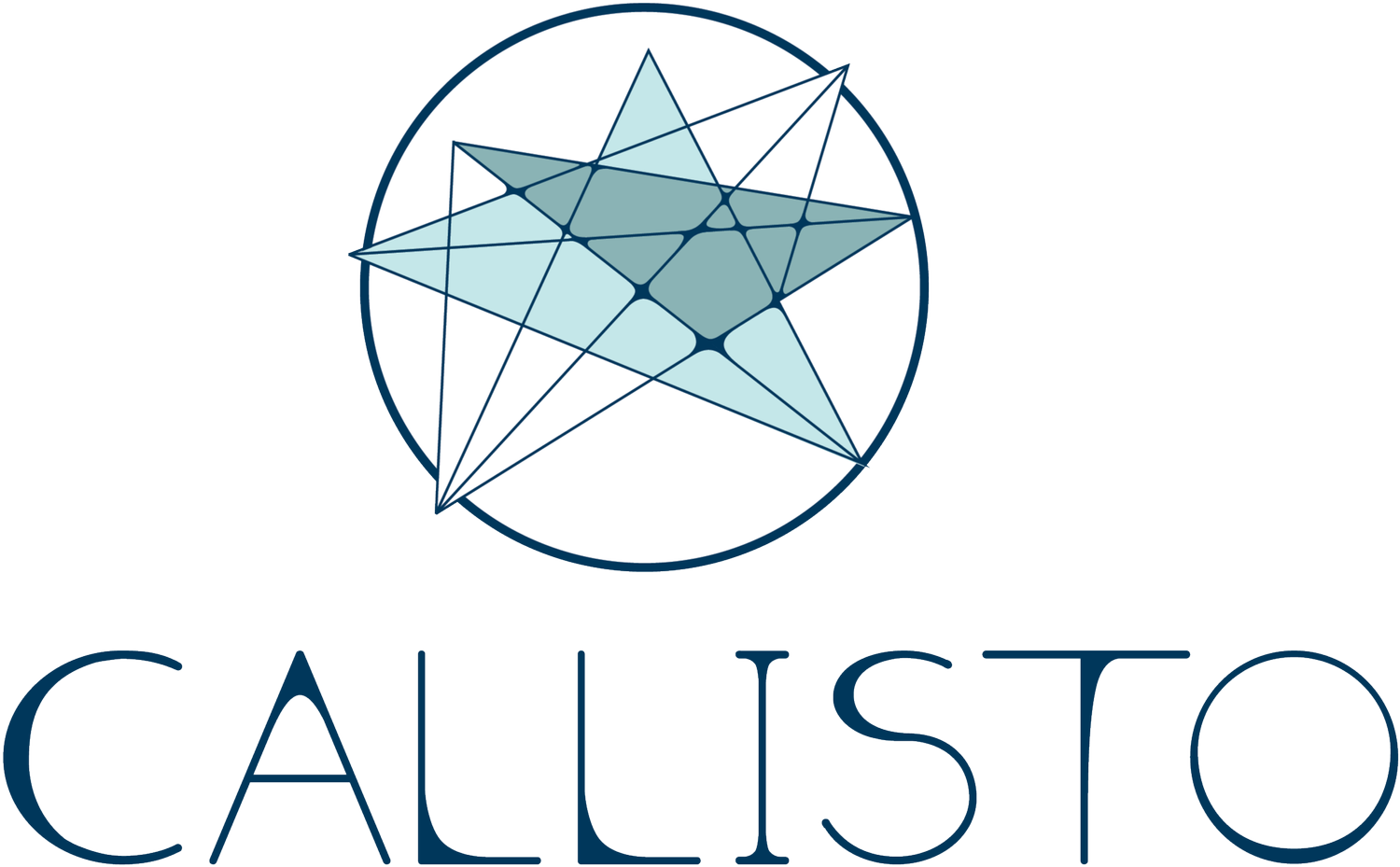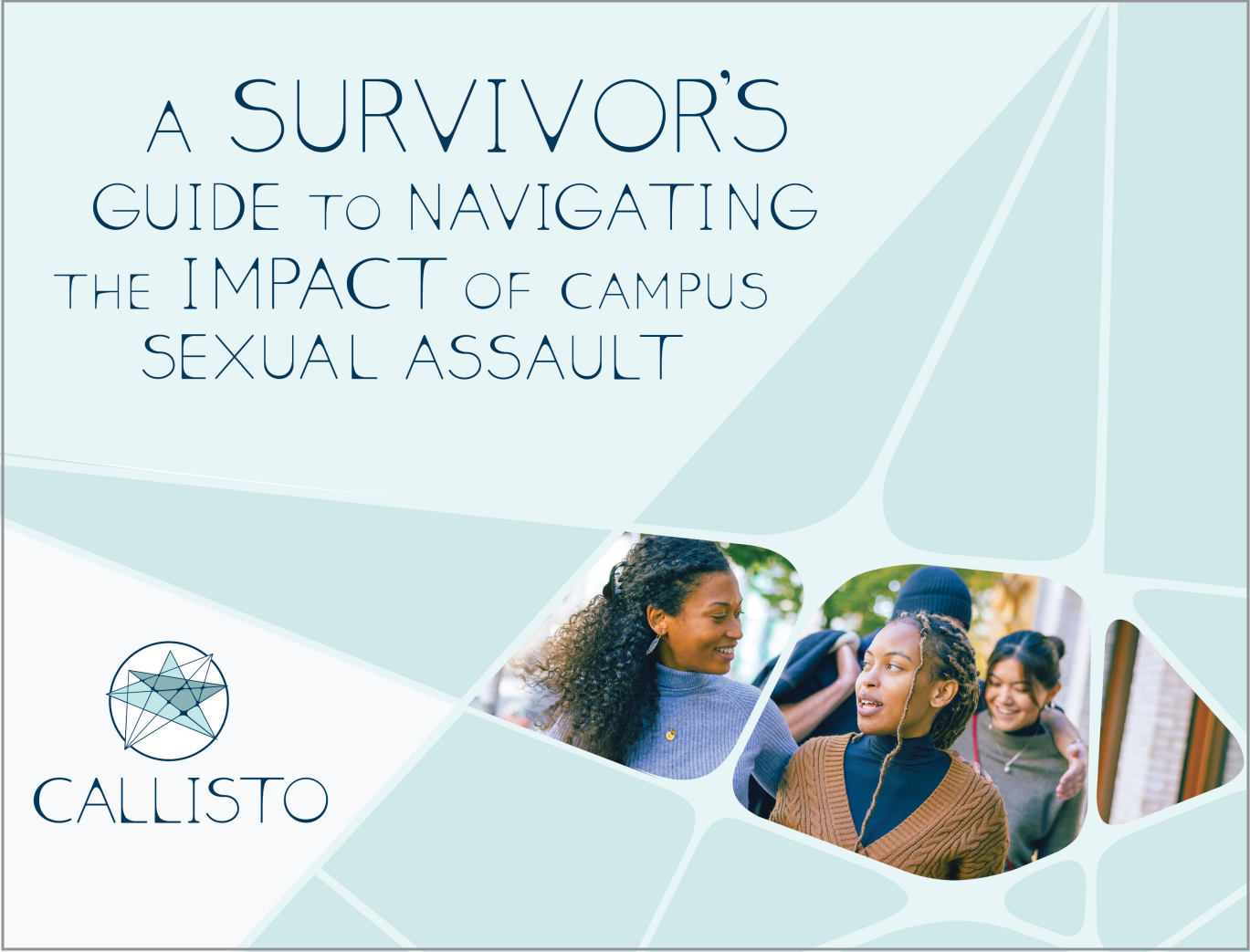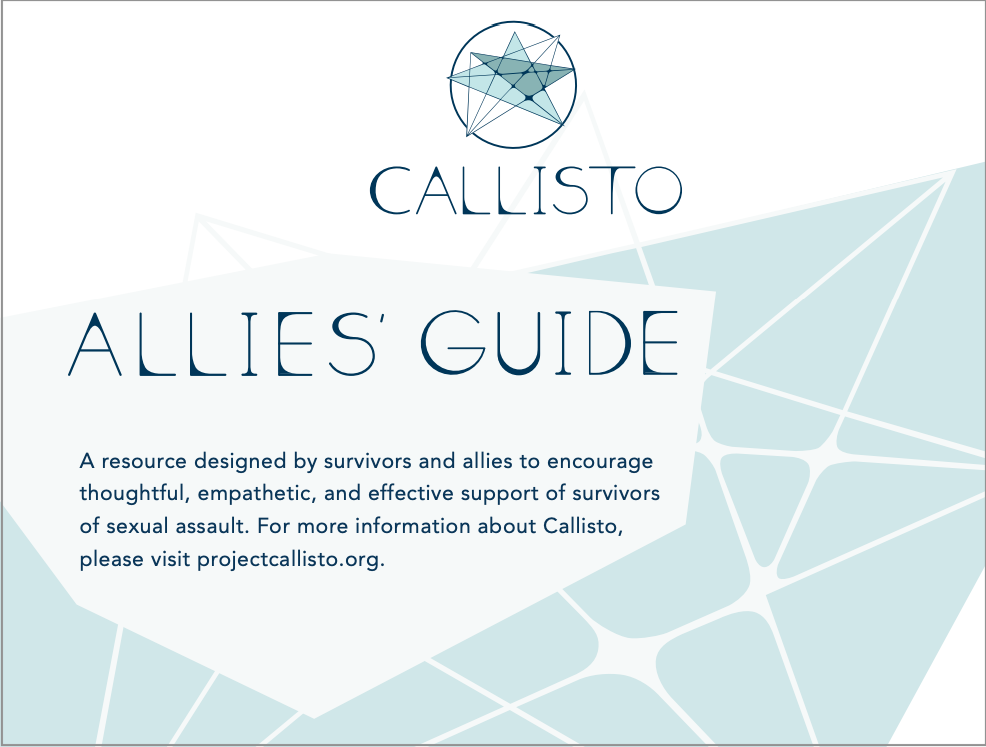A traumatic sexual experience can have lasting effects on your mental and physical health as it’s a serious violation of your body and trust. As a survivor, you might develop symptoms of post-traumatic stress disorder (PTSD), depression, anxiety, or insomnia after an incident. You might struggle with feelings of shame, guilt, or inadequacy. None of these responses to trauma make you a weak person, and there are many resources to help you process your experience and ultimately feel better.
-
Sometimes you may feel overwhelmed after an assault. This can occur days, weeks, months or even years later. Being overwhelmed, or in crisis, looks and feels differently for everyone. For example, some people report feeling stuck while others say they have severe anxiety. No matter how you experience a crisis, there are resources you can access immediately at any time of day. Benefits of calling or texting a crisis line include:
Get 24/7 & immediate response – if you wake up in the middle of the night and don’t want to reach out to a friend, you can call/text a crisis line.
It can assist with handling the immediate crisis and sorting through next steps.
They are trained in crisis response & providing information and assistance with local resources.
They will keep your information confidential & maintain anonymity.
Local rape crisis centers provide support that can be more applicable to you - including advocating at school, at the police station, in court and even at a hearing at your school. (Note: You can call a rape crisis center long after you’ve been raped or sexually assaulted.)
The confidentiality of an advocate at your school is different from an advocate at the local rape crisis center as well as from an attorney. Ask the counseling center about their duty of confidentiality and what it means to you.
They are free!
While crisis lines don’t replace therapy, they can be helpful to use while you are finding a therapist or are between sessions.
Crisis Text Line is a free crisis texting service staffed by trained volunteers. You can text 741741 from anywhere in the U.S. to be matched with a volunteer.
National Suicide Prevention Lifeline - 800-273-8255 or 988Offers support in English and Spanish
Available online chat or phone
Local Rape Crisis Center
Most local rape crisis centers have a 24 hour hoteline that you can call to access services in your community
If you are in danger or suicidal, please call 911.
-
You own your story. Only you can decide if it is the right time in your journey to talk about your experience with loved ones. If you choose not to talk about it, that is okay too. There is never pressure to come forward if you do not feel ready.
Preparation
If you are feeling nervous, you might want to consider writing down what you want to say beforehand. This helps you focus if you lose your train of thought, get emotional, or have a difficult time finishing your story. It can also help to tell your loved ones what your expectations are of them, so they can prepare themselves. For example, you might want to open with, “I would like to share something that happened to me with you. It won’t be easy for me to talk about, and it might not be easy for you to hear. I only ask that you listen, and be patient with me.”
Utilizing the Incident Log in Callisto Vault can be a way to help organize your thoughts about the assault.
After the conversation, try to find time to practice self-care. This includes having a session planned with your therapist and/or calling a hotline.
Time & Preparation
If you have decided to tell the people what happened to you, the timing and location of the conversation can be important. For example, it can help to have the conversation when none of the parties involved are in a hurry—so avoid morning rush hours, or when you or your loved one have an immediate commitment. It can also help to have the conversation in a quiet place you find safe.
Sometimes, even when we say and do all the right things, these conversations might not go well. Our loved ones might be afraid, angry, or triggered themselves, and act in ways that make you feel unsupported. To prepare for these difficult moments, you might want to consider picking a place you can leave comfortably if you need to remove yourself from the conversation. That way, if the conversation does not go the way you hoped, you can say, “Thank you so much for listening. I’m going to need some time for myself now.”
You can also give your friends and family a copy of Callisto’s Allies’ Guide, which may help them support you better.
-
Therapy
Therapists help us navigate through difficult times of our lives, find new meaning in trauma, and teach us helpful coping skills. Therapists usually hold degrees in counseling, social work, or psychology. It is helpful to search for a trauma-informed therapist, as they specialize in working with survivors.
Finding a therapist can seem like a big undertaking, but it doesn't have to be. It's likely that your campus health center offers mental health support. Reach out to them to identify available resources. In addition, there are also likely mental health professionals working in your community. It's okay if it takes a while to find a therapist who is the right fit for you.
When you are looking for a therapist, you can request to interview them. Many therapists are willing to meet with you for 15 minutes so you can determine if you feel comfortable with them. You can ask about their experience in working with survivors of sexual assault, their approach to treatment, and/or other questions that you may be nervous about. It’s important that you feel comfortable with your therapist. If you don’t, that’s okay! You can find a new one that suits your needs better.
There are often nonprofit organizations that provide free therapy to survivors of sexual assault. These include sexual assault centers, family justice centers, and/or community mental health clinics.
Psychiatry
Psychiatrists are trained medical doctors, and have the ability to prescribe medication. Your therapist might refer you to a psychiatrist if they believe that psychotropic medication would help you cope with the trauma you are experiencing. It’s helpful to sign a release of information that allows your therapist and psychiatrist to discuss your treatment for the best results. Taking medication does not mean you’re weak or that something is wrong with you. It also does not mean that you need medication for the rest of your life. An analogy that might be helpful is if you have knee surgery, you may need to take pain medications in order to help you cope with the pain during physical therapy. Once you strengthen your knee through physical therapy, you can stop taking the pain medication. In the same way, medication may help you cope with the feelings you are having from being assaulted and give you the ability to process the feelings in therapy. After you have processed them and begun to heal, you may be able to stop taking your medication. It is important that you work with a psychiatrist or doctor to find the best plan for you as Callisto does not provide medical advice.
-
Talking to an attorney can help you decide if and when to take legal action. When you talk with an attorney, you have the benefit of knowing that attorneys have the duty of confidentiality. They can help you explore different legal options and what the pros and cons of those options are. While survivors often worry that consulting with an attorney would be too expensive, there are several ways to access free or low-cost legal services, including:
Check with your local rape crisis center, as many offer free and confidential legal services.
Take Back the Night offers free legal assistance to survivors of sexual harassment, sexual assault, rape or other sexual violence. To be connected with a lawyer in your state, call their hotline: 567-SHATTER (567-742-8837) or complete the form here: https://takebackthenight.org/legal-assistance/
If you think you might be interested in pursuing a civil case (“filing a lawsuit”) most civil attorneys offer a free consultation. If they agree to take your case, they work on a contingency basis, meaning that the survivor does not pay anything upfront. If their case is won/settled, the survivor simply pays the attorney a percentage of their settlement/winnings.
You can also explore pro bono legal services through the National Women’s Law Center, the National Center for Victims of Crime, a local justice center, or your local bar association.
-
We have created a Survivor’s Guide to help student survivors navigate the complex challenges they may face following an assault. Our partner, End Rape on Campus, also launched a Campus Accountability Map + Tool that provides in-depth information on each institution’s sexual assault investigation policies, prevention efforts, and available survivor support resources.
Survivor’s Guide
After sexual assault, campus survivors face unique challenges. In partnership with me too. International, we have designed this comprehensive and interactive guide to help survivors understand their rights and access the support they deserve.
Allies’ Guide
When we learn someone we care about has experienced sexual assault, it can be challenging to know what to do. This guide helps friends and family understand what their loved one is going through and ways to be supportive.



